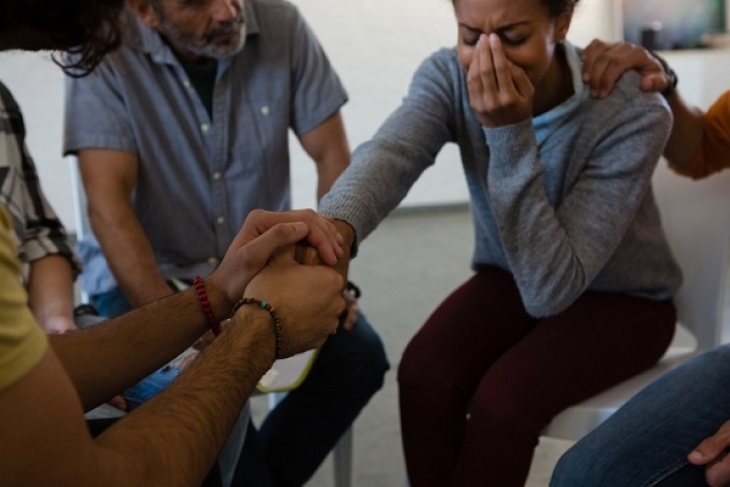“You can’t handle the truth.” I’m beginning to think there was great wisdom in these five words uttered by Colonel Jessup, the character played by Jack Nicholson in the 1992 film “A Few Good Men.” While he was totally wrong in the context of the film, his words seem quite right when applied to America in 2018. Our politics have become so polarized that people avoid asking all the hard questions about the Parkland shooting, unwilling to accept that even a small part of the truth may not align with their preferred narrative.
The powerful pro-gun lobby, with the NRA as its leader, has done everything in its power to shut down research on gun violence for fear that it may lead to increased gun control. But how can we have an honest debate about gun violence if we can’t even study the issue?
Similarly, since 2013, schools have been under enormous pressure—for good reason—to lower their suspension, expulsion, and student arrest numbers. Broward County was part of the PROMISE program (Preventing Recidivism through Opportunities, Mentoring, Interventions, Supports & Education), which was intended, according to the website, “to safeguard the student from entering the judicial system.” Sounds good to me.
But now we know that school resource officers never arrested Cruz, despite repeated violent behavior. Local outlets like The Sunshine State News and even Jake Tapper of CNN are asking very fair, and much-needed, questions about the possibility that the policy changes around school discipline made it too easy for Cruz to fly under the FBI’s radar, even when he was popping up constantly on the school district’s radar, including for what appear to be committed felonies.
Former school resource officer Robert Martinez claimed that he and others were instructed not to arrest students and that the pressure to keep arrest numbers down meant that even very serious—and violent—offenses were handled in-house instead of being turned over to police.
“We are the laughing stock of the world right now.”
Recently retired @browardsheriff school resource officer speaks out because he says current officers are afraid to. Says there is a shortage of SROs, and pressure not to arrest troubled students like Nikolas Cruz. @wsvn
— Brian Entin (@BrianEntin)
Maybe it’s true, maybe it’s not. But it seems like a no brainer that we should at least find out.
It is undeniable that suspensions and expulsions in the United States disproportionately affect students of color. The same infraction is often handled totally differently based on the demographics of the school as well as the presence—or lack—of law enforcement on campus.
Time and time again we have seen students of color, often poor, get tangled up in the criminal-justice system because a minor infraction at school landed them in handcuffs. In general, students of color are far more likely than their peers to be arrested for disruptive behavior. A student from South Carolina, for example, was ripped from her desk, tossed across the room, and subsequently arrested for defiance. As one Georgia judge described the situation, kids are being prosecuted because they “made an adult mad.” White suburban students make adults mad too but they don’t get arrested for it at school. Add to the arrest the subsequent inability to afford bail or quality counsel and black youth find themselves in the grip of the juvenile justice system.
But have we moved so far into our partisan corners that we refuse to admit that we can go too far in efforts to eliminate arrests that should never happen and end up eliminating ones that should? Do we equate a student who is defiant with one who brings ammunition to school, cyberstalks, and sends threatening messages online? Dear God, I hope not.
I pray I will never personally know the pain the parents of Stoneman Douglas High School now feel and will have to endure for the remainder of their lives. But when, as best as I can, I try to put myself in their position, I would want to know everything that should have been done differently by my elected leaders, the Sheriff’s office, the FBI, and yes, the school department.
While it is tempting to try to identify one sole cause of what happened in Parkland, it is rarely ever that simple. The families of those lost deserve all the answers, not just some. We do not know everything that happened in the lead up to the Parkland shooting; no one does. But one thing seems certain: A number of factors contributed to that tragic outcome—some far worse than others, some more avoidable than others. To pretend the reason is simple or singular is to choose politics over truth, and that is a lousy way to honor the memory of those we lost.
Editor’s note: This essay was original published by Real Clear Education.

